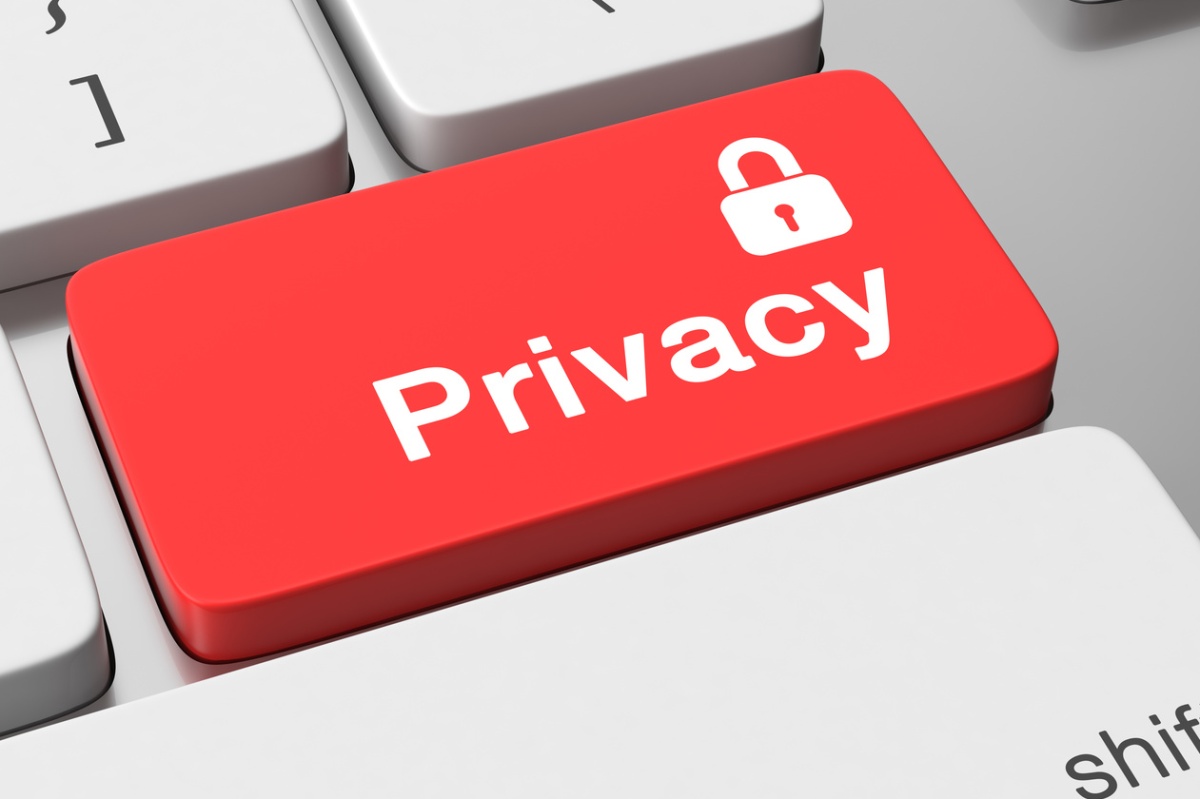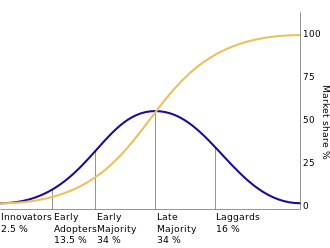I grew up rather disconnected from technology and I struggled with social skills due to my inability to chose between languages to speak. I grew up to adore books and rely on them more than the growing technology around me. Fast-forward to my current use of technology in my first year of college and things may look a little different to an outsider in passing.
In passing, you may see me staring at my laptop screen with AirPods stuck in my ears. Possible, I'm even sending a quick text to work or my mom off my phone. To an outsider, it looks like I'm just like every other college student between classes: possibly working on homework or watching a show, listening through AirPods, and wasting more energy through added use of my phone.
Unknown to you, I would rather not be on the computer. There isn't a perfect space on campus or one that offers what I seek for no-computer time. In my book bag, I always carry a thick book to read, a notebook I converted into a sketchbook with half-attempted sketches, and a notebook I converted to the Chinese vocabulary book I add to a little in every session I teach myself. As my first year at college comes to a close, I'm more eager to sit outside and try to finish the book. The blue light from technology irritates and strains my eyes, sometimes even affecting my already-bad eyesight despite the corrections of contacts or glasses.
My relationship with technology is pretty much next to "only when necessary" for 90% of the time, like school or work. The remaining 10% is either outside research for personal reasons or boredom where I scroll through my phone or streaming services, partially uninterested, in order to pass the time or wind down at the end of a long day. My eyes can't take intense light and is struggling to handle long periods of blue light at any level of brightness settings.
While I need to take breaks from technology and media, my sister does not need as much. It's not that she's vain, but its what a two-year difference does in this world and how we grew up. I grew up more aware of certain issues where she was not able to or just not interested. She was also exposed to consistent English earlier than I was, bolstering her social personality and helping her create more connections and friends.
I learned to use technology predominately for school or work reasons. I take long gaps, which last a minimum of at least months, in posts on social media. Most of my personal technology time is listening to music or watching a show on a streaming service. My relationship with modern technology is probably as basic as it can get. I prefer books so much more that I have a mini-library of sorts in my room, with shelves to shield my collection from dogs and damage.
The time I spend using technology is enough for me. I can manage using it for classes and note-taking, but even I take breaks and want to throw it out a window. (Yes. I have had the occasional concerning a computer and the act of throwing it. Sanity and not having the time or money to buy a replacement keeps me from acting on it.)
I want less time on technology and less interaction with blue light but that simply is not possible. The world, especially American society, is so heavily integrated with various forms of technology that if you have low to no experience or knowledge of how to work the technology that you have, you will have little to no income and job opportunities. I like learning but it's difficult to find a credible way to teach myself.
Technology is evolving in all sorts of ways: capitalistically, academically, and even agriculturally. It's up to the individual to understand how you use technology and how you should use it for your own personal benefit and health. Maybe how you should use technology is to only use it at work or maybe just for an hour after you've arrived home.
The technology I appreciate is a little more old school and simple. Give me four hours with a 400 page book and I'm happy. Sit me in front of a computer for 4 hours against my will and we may have an issue. Technology is constantly evolving in a world that is quickly growing and expanding in knowledge, inventions and population. I am, however, limiting my personal online presence. The first result when my name is searched is my Goodreads account. (Goodreads is a book catalog... I frequently use it.) Most of the page is simply connected to my family name: Krajisnik. However, at the very bottom of the first page, one can find my name on my high school's 2021 graduation list and HPU's Dean's List from last semester.
All one could find about me is simple: books, academically successful, and doesn't frequently on social media. I'm rather detached from online technology. I'm very dependent on books and creative methods. It saves my eyesight and mental health. How many young college students can you say are as unattached from technology as me?
/cdn.vox-cdn.com/uploads/chorus_image/image/69632702/cwelch_191031_3763_0001.0.jpg)







